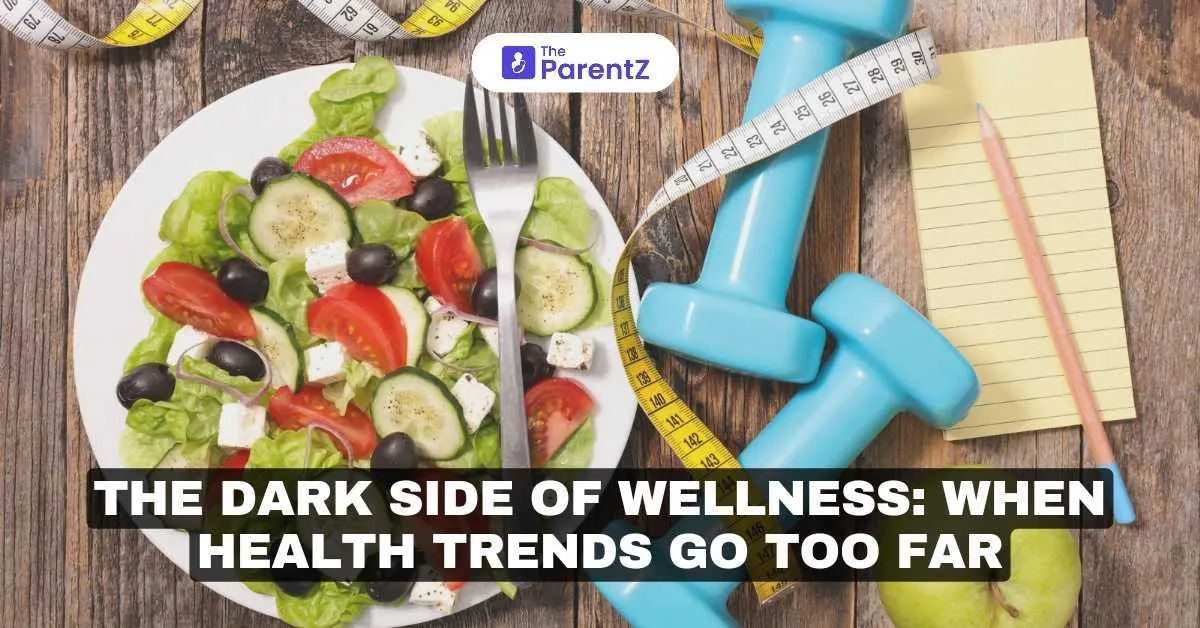The wellness industry has exploded in recent years, promising everything from enhanced mental clarity to perfect physical health. While many wellness trends offer genuine benefits, others push boundaries that can compromise safety and well-being. When trends prioritize aesthetics, quick fixes, or extreme methods, they risk leading individuals down a path of physical harm, emotional strain, and financial burden.
The Rise of Extreme Wellness Trends
The appeal of wellness trends often lies in their promises of quick results, unique methods, and a sense of exclusivity. However, these factors can sometimes overshadow safety and common sense.
Social Media Influence
Platforms like Instagram and TikTok are saturated with influencers promoting the latest wellness fads, from extreme diets to intense detox regimens. While these trends are visually compelling and often backed by celebrities, they can be misleading. The pressure to conform to these images or follow “miracle” routines can lead to unrealistic expectations and unsafe practices.
Celebrity Endorsements and “Biohacking”
Celebrities frequently endorse wellness products, routines, or diets that lack scientific backing. Trends like “biohacking,” which promises superhuman abilities through diet, supplements, or high-tech gadgets, can encourage people to adopt potentially dangerous practices without proper medical oversight. The endorsement of these extreme practices by high-profile figures often legitimizes unsafe behaviors.
Dangers of Taking Wellness Too Far
While many wellness practices can be beneficial, pushing them to the extreme often leads to unintended consequences.
Extreme Dieting and Detoxes
Restrictive diets or detox programs can have severe health consequences, including nutrient deficiencies, hormonal imbalances, and metabolic damage. Diets that cut out entire food groups or require prolonged fasting can strain the body and, over time, lead to weakened immunity, fatigue, and even mental health challenges such as disordered eating.
Overuse of Supplements and Wellness Products
The supplement industry is largely unregulated, and many wellness products are not backed by clinical research. Overuse of supplements can lead to adverse effects, including toxicity and interactions with medications. For example, excessive intake of vitamins and minerals can cause organ damage, while untested products may contain harmful additives.
Intense Fitness Fads
Extreme fitness trends, such as high-intensity interval training (HIIT) challenges or excessive cardio, can place undue stress on the body, especially without proper rest. While these workouts can improve fitness, pushing the body beyond its limits can result in injury, chronic pain, and burnout. People may feel pressured to keep up with intense routines to achieve a certain physique, disregarding the body’s need for recovery.
The Psychological Impact of Wellness Obsession
The fixation on achieving “wellness perfection” can take a significant toll on mental health, fostering unhealthy behaviors and mindsets.
Perfectionism and Self-Image Issues
Wellness trends often emphasize an idealized image of health and beauty, contributing to perfectionism and negative self-image. When people cannot achieve these standards, they may feel inadequate, anxious, or even ashamed. This relentless pursuit of perfection can lead to harmful behaviors, such as extreme dieting, obsessive exercising, and disordered eating.
Orthorexia and Fear of “Unhealthy” Choices
An obsession with healthy eating, known as orthorexia, has emerged as a side effect of extreme wellness culture. Orthorexia involves an unhealthy preoccupation with “clean” eating or avoiding foods deemed “unhealthy,” leading to social isolation and intense anxiety around food. For some, the fear of making “wrong” choices results in constant stress, eroding the joy and balance that wellness should ideally promote.
Prioritize Evidence-Based Practices
Wellness trends should be approached with caution. Opt for practices that have strong scientific support, and consult with healthcare professionals before making significant changes to your diet, supplements, or fitness routines. Evidence-based wellness practices are safer and more likely to yield long-term benefits.
Listen to Your Body
Wellness should support, not strain, the body. Listen to your body’s signals, and avoid practices that cause physical or mental discomfort. Rest, recovery, and flexibility are essential for sustainable wellness, and there’s no one-size-fits-all solution to health.
Set Realistic Goals and Focus on Overall Well-Being
The pursuit of wellness should not be about achieving perfection but about improving quality of life. Set realistic, manageable goals that support physical, mental, and emotional health. Focus on practices that help you feel good and function well in daily life, rather than following trends that promise quick fixes or dramatic transformations.
Conclusion
While wellness trends can offer new ways to support health, they become harmful when taken to extremes. Extreme dieting, excessive supplementation, and intense exercise routines can jeopardize both physical and mental well-being. By taking a balanced, evidence-based approach, we can embrace wellness practices that truly enhance our lives without risking health or happiness. The goal of wellness should always be to support holistic well-being, not to conform to fleeting trends or unrealistic standards.









Be the first one to comment on this story.